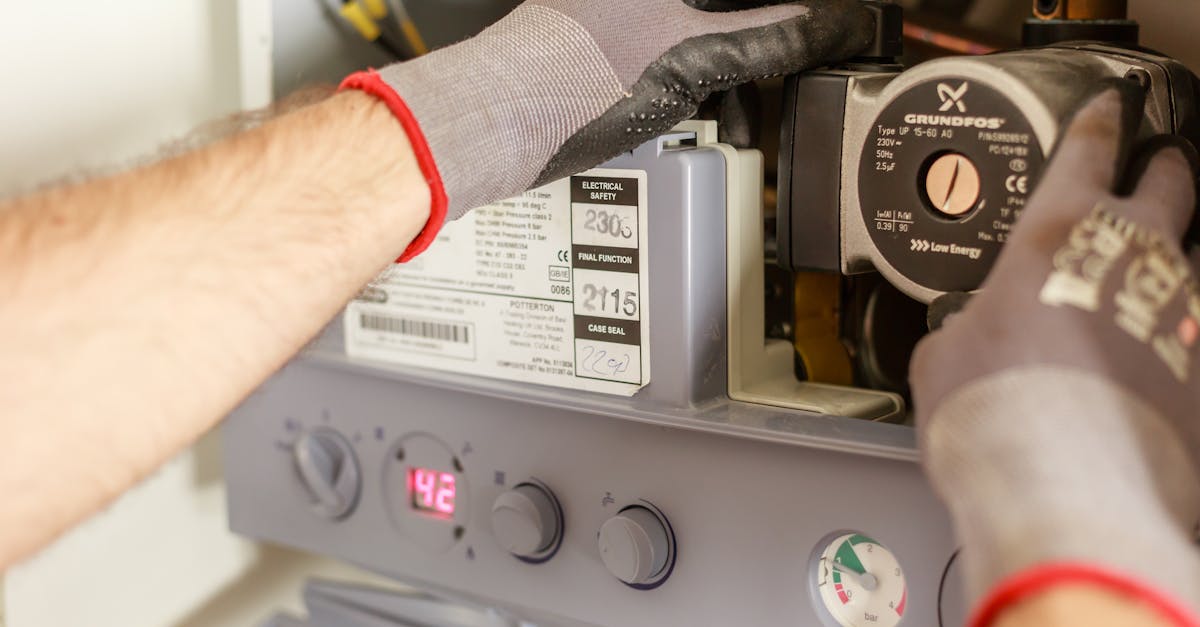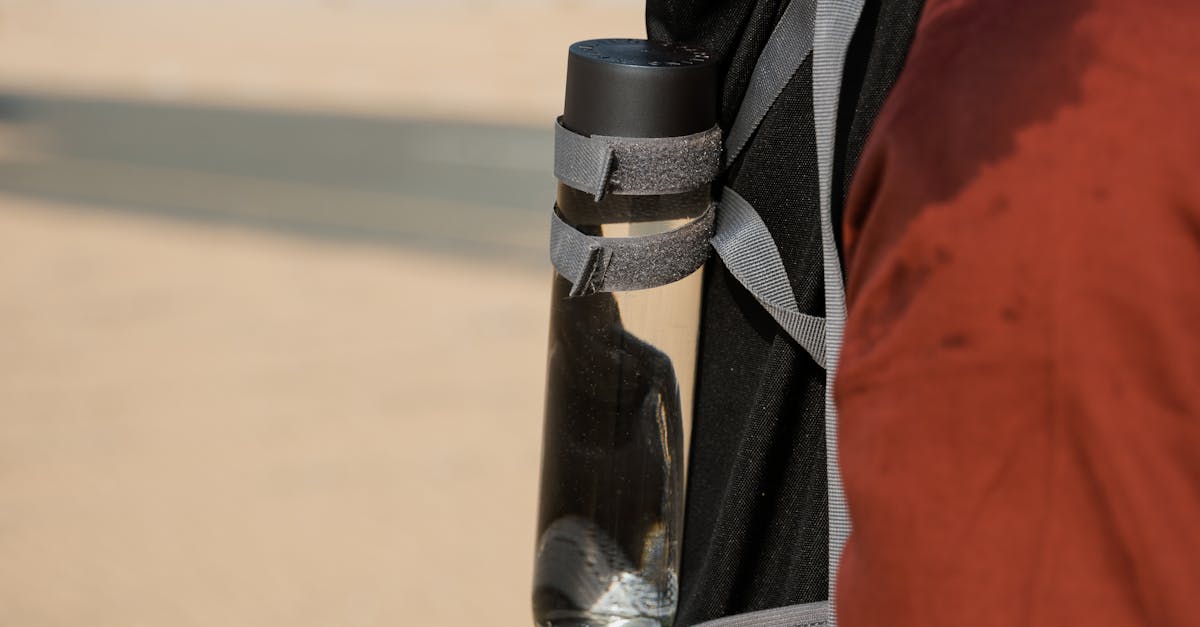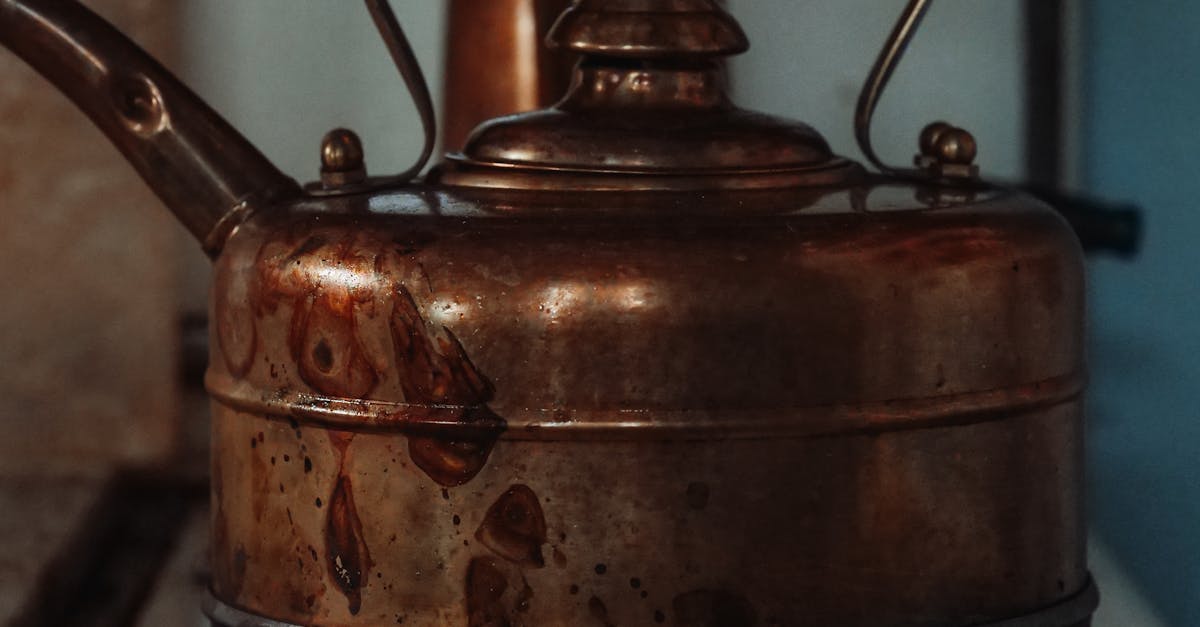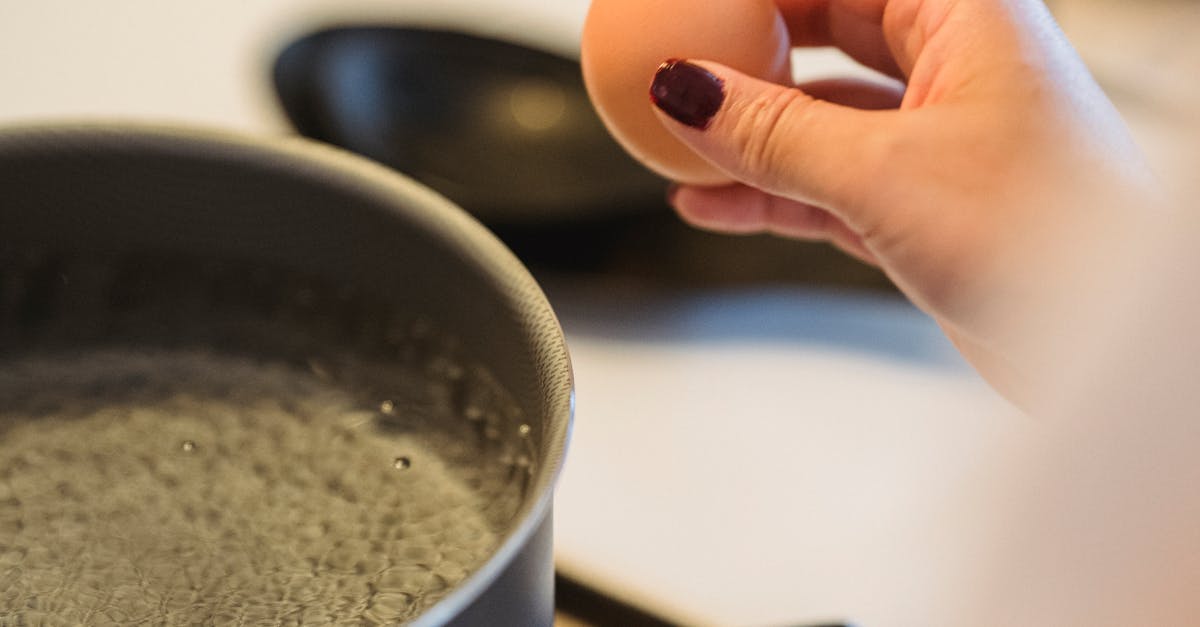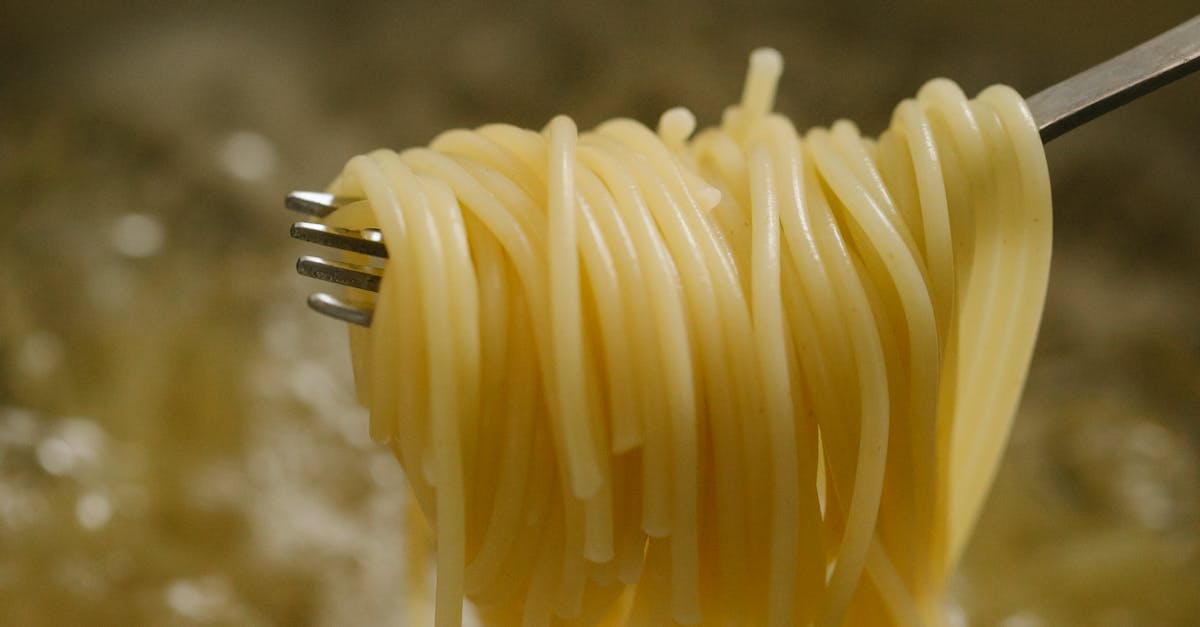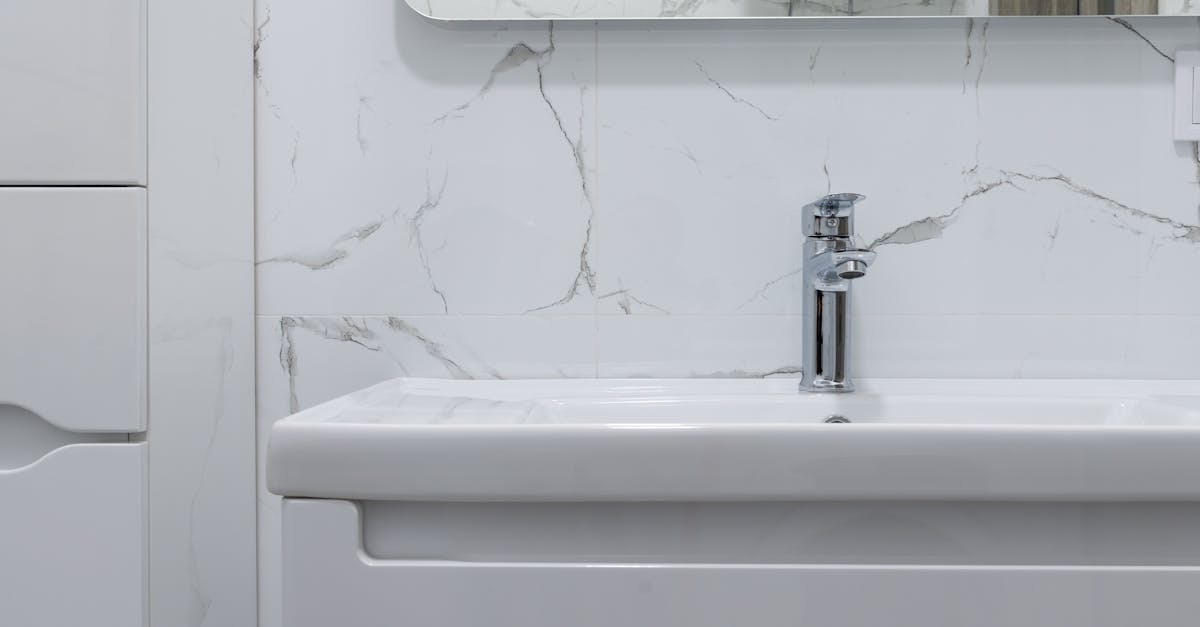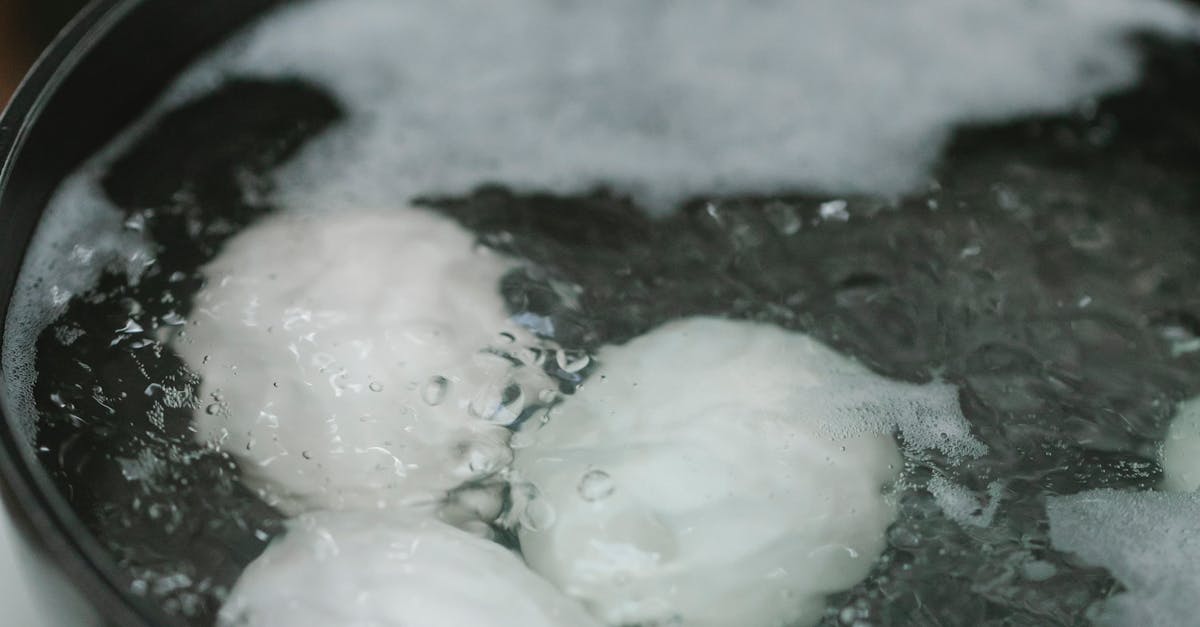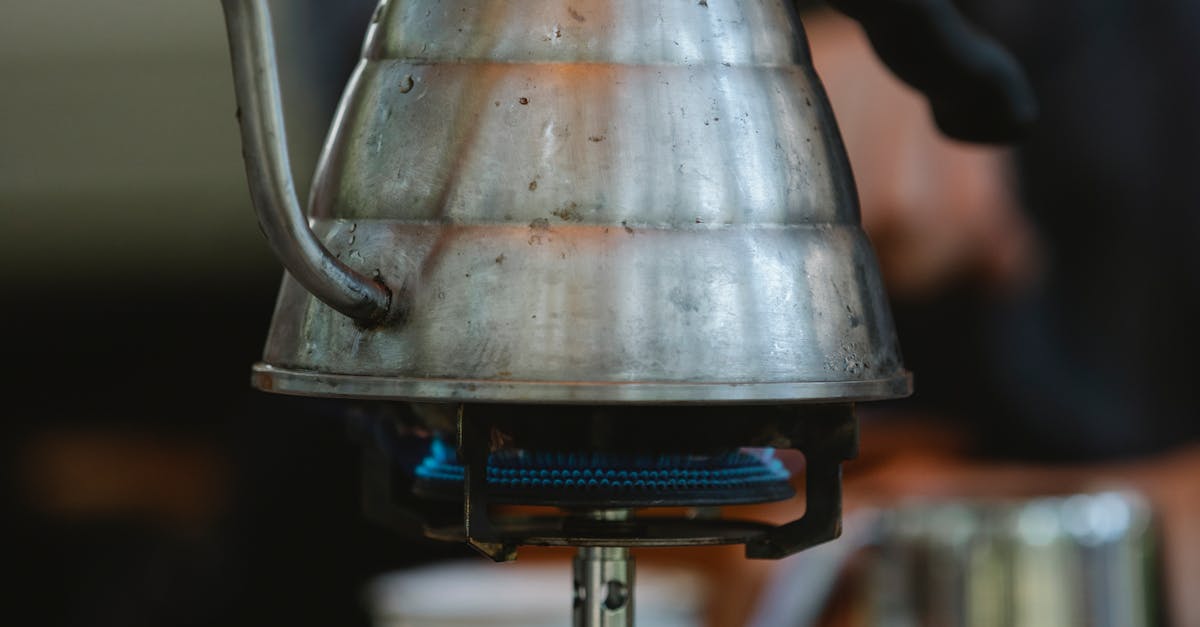
Table Of Contents
Fluctuating Water Pressure
Fluctuating water pressure can be a significant indicator that your hot water system is in need of replacement. When the pressure of your hot water supply varies dramatically, it can lead to an inconsistent flow, making daily tasks such as showering and cleaning frustrating. Common causes of this issue can include mineral build-up within the pipes, a malfunctioning pressure relief valve, or even age-related degradation of the hot water system itself. Addressing the problem early on is crucial to avoid further complications and inconveniences.
If you notice these fluctuations, it is advisable to consult a hot water plumber. They can accurately diagnose the issue and determine whether your system can be repaired or if replacement is the more cost-effective solution. A professional assessment ensures that you address the root cause of the problem, rather than just the symptoms, leading to a more reliable and consistent hot water supply for your home.
Causes of Inconsistent Supply
Inconsistent hot water supply often leads to frustration for households. There are several factors that can contribute to this issue. Sediment build-up in the tank can hinder proper heating, limiting hot water availability. Additionally, the age of the system plays a crucial role, as older models are more prone to inefficiencies and mechanical failures. A thorough assessment from a qualified hot water plumber can help identify the root cause of fluctuating water availability.
Blocked pipes and inadequate insulation are also common contributors to inconsistent hot water supply. Over time, mineral deposits can accumulate within pipes, restricting flow and affecting pressure. If the insulation around the hot water system is compromised, heat loss can occur, reducing the temperature of the water delivered to taps. Engaging a hot water plumber to inspect and service your system can help ensure a consistent supply and identify any underlying issues.
Rising Energy Bills
Rising energy bills can be a clear indicator that your hot water system is struggling to operate efficiently. Older units tend to consume more energy as their components wear down. This inefficiency not only leads to increased costs but can also result in diminished hot water supply and fluctuations in temperature. Keeping an eye on your energy consumption is essential for spotting potential issues before they escalate.
If you notice a significant increase in your utility bills, it could be time to consult a hot water plumber. A professional can assess whether your hot water system is outdated or if there’s a specific issue causing the spike in energy usage. Addressing these concerns promptly can help you avoid any further financial strain and ensure a more reliable and efficient hot water supply in your home.
Energy Efficiency Comparison
When evaluating the energy efficiency of your hot water system, it's essential to compare different models and their operational costs. Older systems often consume more energy due to outdated technology and poor insulation. Newer units typically feature advanced efficiency ratings, which can result in significant savings on energy bills over time. Consulting with a hot water plumber can provide insights into the most suitable options that align with your household's needs.
Another critical factor is how well your current system performs under regular use. If the unit struggles to maintain desired temperatures or runs longer than necessary, it may indicate inefficiency. Upgrading to a more efficient model not only eases the pressure on your energy bills, but it also lessens your environmental impact. A qualified hot water plumber can assist in identifying the best time to make this transition, ensuring you select a unit that offers both reliability and efficiency.
Frequent Repairs and Maintenance
Experiencing frequent issues with your hot water system often indicates that repairs are becoming a recurring necessity. As systems age, their components may wear down, leading to leaks, inadequate heating, or even breakdowns. When you find yourself calling a hot water plumber more often than usual, it’s a clear signal that your unit may be nearing the end of its operational lifespan. Each service visit can add up financially, and the cumulative costs can start to outweigh the benefits of keeping the old system running.
Regular maintenance is essential in prolonging the life of any hot water system. However, if you find that each maintenance visit is addressing new problems, it may be time to reassess the viability of your unit. Investing in a new hot water system could provide you with improved efficiency and reliability, ultimately saving you more in the long run. Consulting with a hot water plumber can provide you with valuable insights into your existing system's condition and help determine whether replacement is the best option.
CostEffectiveness of Ongoing Fixes
Continually investing in repairs for an aging hot water system can lead to substantial expenses over time. Each fix may provide a temporary solution, yet they often do not address the underlying issues that arise as systems age. Consulting with a qualified hot water plumber can offer insights into whether ongoing repairs are financially sensible in the long run.
In many cases, the cumulative cost of frequent maintenance may surpass the investment required for a new unit. A hot water plumber can assess the current state of your system and provide recommendations based on efficiency and reliability. Considering the long-term advantages of upgrading to a modern, energy-efficient system may ultimately save more money and provide a consistent hot water supply.
FAQS
How can I tell if my hot water system is failing?
Signs of a failing hot water system include fluctuating water pressure, rising energy bills, frequent repairs, and inconsistent water temperature.
What should I do if my hot water system is leaking?
If you notice any leaks, it's important to turn off the water supply and call a professional plumber to assess the situation. A leak can indicate a significant problem that may require replacement.
How often should I replace my hot water system?
On average, a hot water system should be replaced every 8 to 12 years, depending on the type of system and how well it has been maintained.
Will replacing my hot water system save me money on my energy bills?
Yes, upgrading to a more energy-efficient hot water system can lead to significant savings on your energy bills in the long run.
What are the benefits of a new hot water system?
A new hot water system can provide consistent hot water supply, improved energy efficiency, lower energy bills, and reduced repair costs, enhancing overall comfort and convenience.
